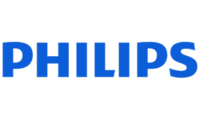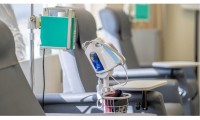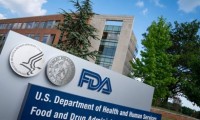-
FDA wants more testing in Philips recall
- Source: drugdu
- 112
- October 10, 2023
-
FDA panel says Amgen’s Phase III lung cancer KRAS drug data is unreliable
- Source: drugdu
- 173
- October 10, 2023
-
Amgen Fails to Secure FDA Adcomm Support for Full Lumakras Approval
- Source: drugdu
- 126
- October 9, 2023
-
‘Extremely concerning’ chemo shortage persists despite FDA’s efforts, national cancer group reports
- Source: drugdu
- 106
- October 9, 2023
-
FDA says Philips’ testing of recalled devices is inadequate
- Source: drugdu
- 116
- October 8, 2023
-
backAgomab’s FSCD therapy gains fast track designation from US FDA
- Source: drugdu
- 105
- October 7, 2023
-
FDA Authorizes Novavax’s Covid-19 Vax, Set to Join Fall Rollout of Updated Shots
- Source: drugdu
- 129
- October 4, 2023
-
FDA expands total product life cycle program to cover neurological devices
- Source: drugdu
- 197
- October 4, 2023
-
FDA clears Krystal Biotech’s IND for Type 1 AATD treatment KB408
- Source: drugdu
- 143
- October 4, 2023
-
FDA Releases Draft Guidance for Regulatory Considerations for Prescription Drug-Use-Related Software
- Source: drugdu
- 102
- September 28, 2023
your submission has already been received.
OK
Subscribe
Please enter a valid Email address!
Submit
The most relevant industry news & insight will be sent to you every two weeks.













